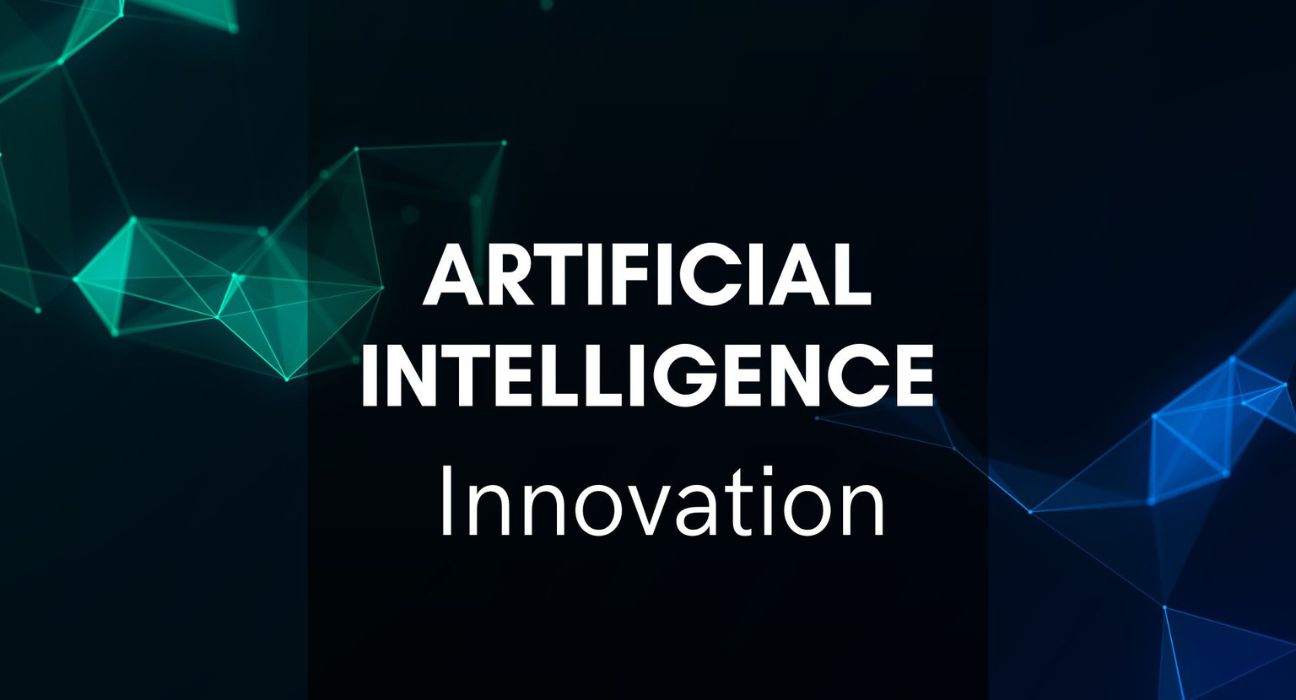Introduction to AI Advancements
In recent years, Artificial Intelligence has rapidly evolved, transforming the way businesses operate. From automating mundane tasks to enhancing communication, AI innovations are simplifying work processes across various industries. This blog post explores 18 cutting-edge AI advancements poised to revolutionise your workflow.
Automating Tasks with AI
AI excels at streamlining repetitive tasks, reducing manual effort, and freeing up time for more strategic initiatives. Whether managing emails, scheduling appointments, or processing data, AI tools handle these tasks efficiently, significantly enhancing productivity.
AI in Data Management
AI enhances data management by enabling efficient processing and analysis of extensive datasets. Businesses can achieve higher accuracy in data handling, making informed decisions based on reliable insights. AI-driven analytics uncover previously undetectable patterns and trends, providing a competitive edge.
AI-Enhanced Communication
AI is transforming communication by automating customer interactions with chatbots, ensuring quick responses and high satisfaction. Internally, AI tools facilitate seamless collaboration among teams, irrespective of their geographical locations, improving overall efficiency.
Project Management Through AI
AI optimises project management by predicting timelines, assessing risks, and suggesting resource allocation strategies. AI tools can track project progress in real-time, adjust plans dynamically, and provide actionable insights to ensure that projects stay on track. Additionally, these tools facilitate better team collaboration and communication, making it easier to coordinate efforts and meet deadlines efficiently. By leveraging AI, project managers can focus on strategic planning and decision-making, leading to more successful project outcomes.
AI in Creative Processes
AI boosts creativity by offering innovative tools that assist creative professionals. These tools can generate unique content, suggest design enhancements, and even compose music. By automating repetitive aspects of the creative process, AI allows creators to focus on refining their ideas and exploring new possibilities. AI-driven platforms are invaluable for those seeking to push the boundaries of their creative work.
Personal Productivity with AI
AI-driven personal assistant tools transform individual time management. By organising tasks and setting reminders, these tools help maintain a balanced schedule. AI also enhances productivity by automating repetitive activities, allowing individuals to concentrate on their personal and professional goals.
AI-Driven Decision Making
AI supports data-driven decision making through advanced predictive analytics. Businesses utilise AI to forecast trends and assess market conditions, enabling more informed strategic choices. By analysing extensive datasets, AI identifies patterns and insights that may not be apparent through traditional methods. This empowers companies to refine their strategies, optimise operations, and maintain a competitive edge in the market. AI-driven insights ensure that decisions are based on comprehensive and reliable data, leading to improved business outcomes.
Strengthening Security with AI
AI enhances security by swiftly detecting and preventing threats, identifying vulnerabilities before exploitation. Machine learning algorithms continuously monitor network activity, spotting anomalies that may indicate a breach. Additionally, AI automates the response to security incidents, reducing the time to mitigate risks.
AI in Education and Development
AI is revolutionising education by offering customised learning experiences tailored to individual needs. With AI, students benefit from adaptive content that enhances comprehension and retention. Additionally, AI-driven tools assist educators in assessing skills and delivering targeted training.
Gaining Customer Insights Through AI
AI empowers businesses to deeply understand customer behaviour by analysing vast datasets. These insights allow companies to predict trends, personalise marketing strategies, and enhance customer engagement. By leveraging AI, businesses can identify preferences and tailor their offerings to meet customer needs effectively.
Financial Management Using AI
AI revolutionises financial management by automating complex financial tasks such as expense tracking and financial forecasting. AI tools enhance accuracy in budgeting, allowing businesses to make informed financial decisions. Additionally, AI-driven analytics identify spending patterns and optimise resource allocation. With real-time data analysis, businesses can swiftly adapt to market changes, ensuring financial stability.
AI in Recruitment and Human Resources
AI revolutionises recruitment by automating talent acquisition processes such as scanning CVs and scheduling interviews, streamlining the identification and hiring of top talent. Additionally, AI optimises HR operations by managing employee data and facilitating performance assessments, enhancing overall efficiency.
AI Solutions for Environmental Challenges
AI aids in tackling environmental challenges by promoting sustainability and monitoring impacts. Advanced algorithms optimise energy consumption, manage resources efficiently, and predict environmental changes. By automating processes, AI helps organisations adopt eco-friendly practices, reducing waste and conserving resources. Additionally, AI-powered tools assist in tracking emissions and implementing corrective measures swiftly.
Future AI Innovation Trends
Emerging AI technologies promise to reshape industries with advancements in areas like automation, machine learning, and predictive analytics. Innovations in AI are likely to drive further efficiency, opening up new possibilities for businesses and consumers alike. As AI continues to evolve, we can expect breakthroughs in natural language processing, autonomous systems, and personalised experiences. Staying abreast of these trends is essential for businesses aiming to leverage AI for future success.
Selecting the Appropriate AI Tools
Selecting the appropriate AI tools necessitates a comprehensive evaluation of your organisation’s unique needs. Focus on factors such as compatibility with existing systems, scalability to grow with your business, and overall cost-effectiveness. Involve key stakeholders in the decision-making process to ensure the chosen tools meet strategic objectives and provide tangible benefits. Reviewing case studies and seeking expert opinions can also guide you in making an informed choice.
